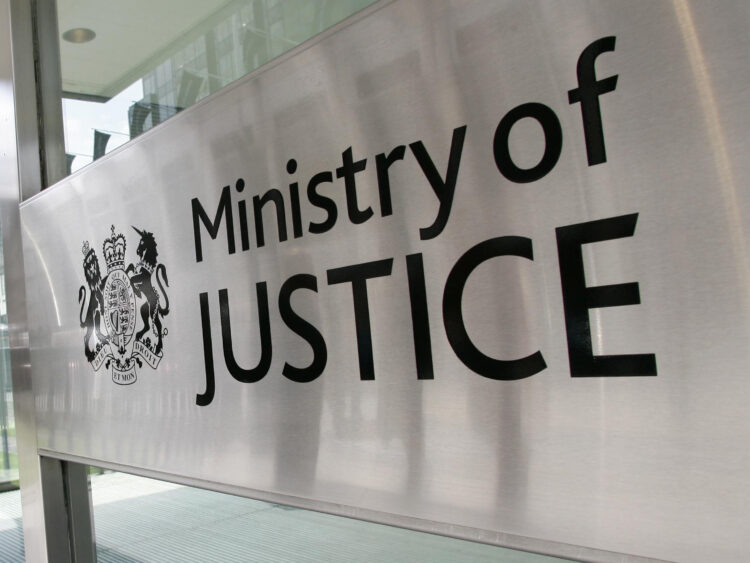By David Young-
Thousands of domestic abuse victims and tenants facing eviction will be able to access free legal advice and representation under changes announced by the Uk government.
The Ministry of Justice confirmed that domestic abuse victims will be able to obtain legal advice through new protection orders and notices. Police will be able to issue a notice requiring the perpetrator to leave the victim’s home and courts will be able to issue orders imposing longer-term protections. Doctors will be allowed to submit letters of evidence for legal aid applications following a phone or video consultation.
An extra £10m will be pumped into housing legal aid to enable tenants to receive free early legal advice before appearing in court, as well as on the day. Tenants with repossession notices will be able to receive early legal advice on debt and welfare benefit matters.
Reforms to the former Housing Possession Court Duty Scheme (HPCDS) mean that anyone facing eviction or repossession will now receive free early legal advice on housing before appearing in court, as well as continuing to get advice and representation on the day of their hearing. By helping people facing repossession at the earliest point, it will potentially avoid the need for court proceedings altogether.
Additionally, individuals with a repossession notice can also receive early legal advice on debt and welfare benefit matters, to help with the wider issues they may face. This wrap-around care aims to help individuals and families keep their homes, improve their finances and gain access to support to improve their health and life prospects.
Free legal advice will enable those who cannot afford legal advice to gain greater insight as to how to proceed under circumstances deemed unfair or unreasonable. It is expected to open up legal options not ordinarily available to those who need them.
Access to legal aid will customarily require evidence of insufficient income, and will need to be adequately publicised in order for those who need them to know how to access them. The move will prevent too many people from being unjustly affected by circumstances which have legal solutions to them.
Justice minister Lord Bellamy KC said: ‘Legal advice should always be available to those who need it, especially victims of domestic abuse who often rely on lawyers to ensure they are protected from abusers. By making it easier for victims to access legal aid, more people will be better supported through court proceedings and can start the process of moving on safely with their lives.’
Other changes announced by the ministry yesterday include extending legal aid for special guardians in private court proceedings determining parental control, standardising the means and merit testing requirements for birth parents in placement and adoption proceedings. Legal aid will also be extended to domestic abuse victims applying for indefinite leave to remain.
The Ministry of Justice will also be introducing a panel of legal experts to assist and train housing legal aid providers where they need further support in resolving more complex legal issues. This is alongside funding for a pilot solicitor training scheme to increase the number of lawyers providing this vital service.
Co-chair Housing Law Practitioners Association Simon Mullings said: I welcome the proposals to put in place funded, non-means-tested, early legal advice to those facing possession proceedings.
The revised proposals take into account many of the issues we raised in the consultation period for the Housing Loss Prevention Advice Service (HLPAS).
While I still continue to advocate for ‘crisis navigator’ support at court and elsewhere, I believe that the HLPAS proposals, if implemented in the right way and aligned to further work by government to shore up the viability of housing providers, can be a significant step towards effective early legal advice.
The move follows a two-month consultation into the reform of housing legal aid, part of our wider civil legal aid strategy to improve the breadth and quality of advice available for those who need it.

